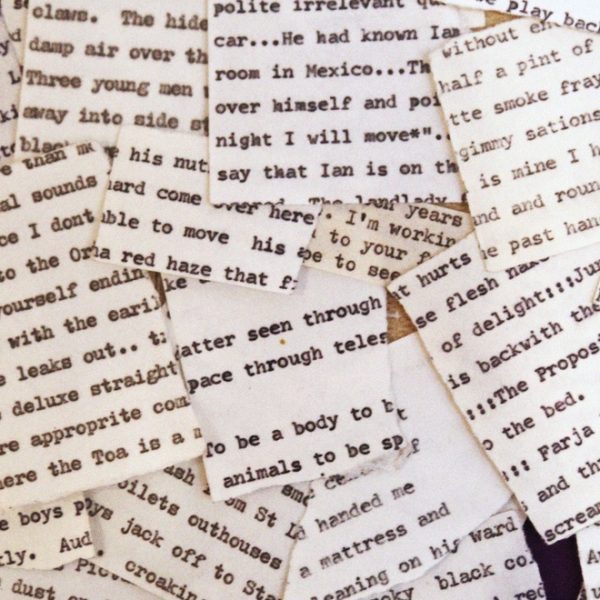
By the first decade of the nineteenth century, a new idea had entered the Western world. Psychiatrists, naturalists, politicians, and theologians throughout Europe and North America came to believe that there existed a form of insanity that caused its victims to express false religious opinions, to hold clearly unreasonable religious beliefs, or to dwell too deeply on religious issues.

According to Burroughs and Gysin, the power of language was the thing. There was something queer, indeed, about the capacity of any language to channel all manner of patterns and directives that had nothing, essentially, to do with the words that comprised that language.

Given the history of othering and control of women’s bodies, it may surprise you to learn that the mikveh has become a central site of Jewish feminist, and more recently, queer and trans activism. Across the United States, Canada, and Israel, participants in a grassroots Modern Mikveh Movement have been collectively reclaiming what many have considered to be among the most irredeemable misogynistic forms of bodily disciplining.
